Deep down you know the way forward. An acknowledgement of our ‘Organismic valuing process’
My grounding training in therapy was ‘Person Centred’ which was created mainly by Carl Rogers, amongst others. This was very different to therapy before this time which was more based on a doctor patient type of relationship with the therapist based as an expert role. It was based more on the idea of equalising power between the therapist and client with the idea that the client knew the best way forward. This was called their own ‘organismic valuing process.’ By giving conditions of empathy, congruence, and unconditional positive regard it was believed that the client could always get in touch with this to find their own way through their presenting issues. This was a very elegant way to work and this philosophy clearly worked. I never worked purely in that way due to the length of time it can take so practiced as an integrative counsellor and now coach so I can use what best helps the clients at different times.
I have always believed though the foundation of trust, empathy and support is crucial to good outcomes. As I dip into this way of working in my sessions it’s always wonderful to see people getting in touch with their own organismic valuing process. Clients will often say ‘I’m not sure why I just started talking about that.’ The answer I often give is along the lines of ‘It seems like that way the thing that was striking you as the most important.’
It’s interesting and encouraging that deep down we know the right answers and the way forward when we are just given the right environment to be able to dip into this. I often use the term the ‘soul incubator’ to describe the space created with clients, a holding space where we create this environment to allow a space of just beingness and then to encourage creating the space to take this forward for themselves. Key ingredients here are kindness and encouragement and a forum of unconditional acceptance. A general mindful approach can always help of awareness without judgement and just recognising that whatever comes up is okay and allowing it to be. Being a bit of an archeologist here and exploring emotions as they arise can also help.

